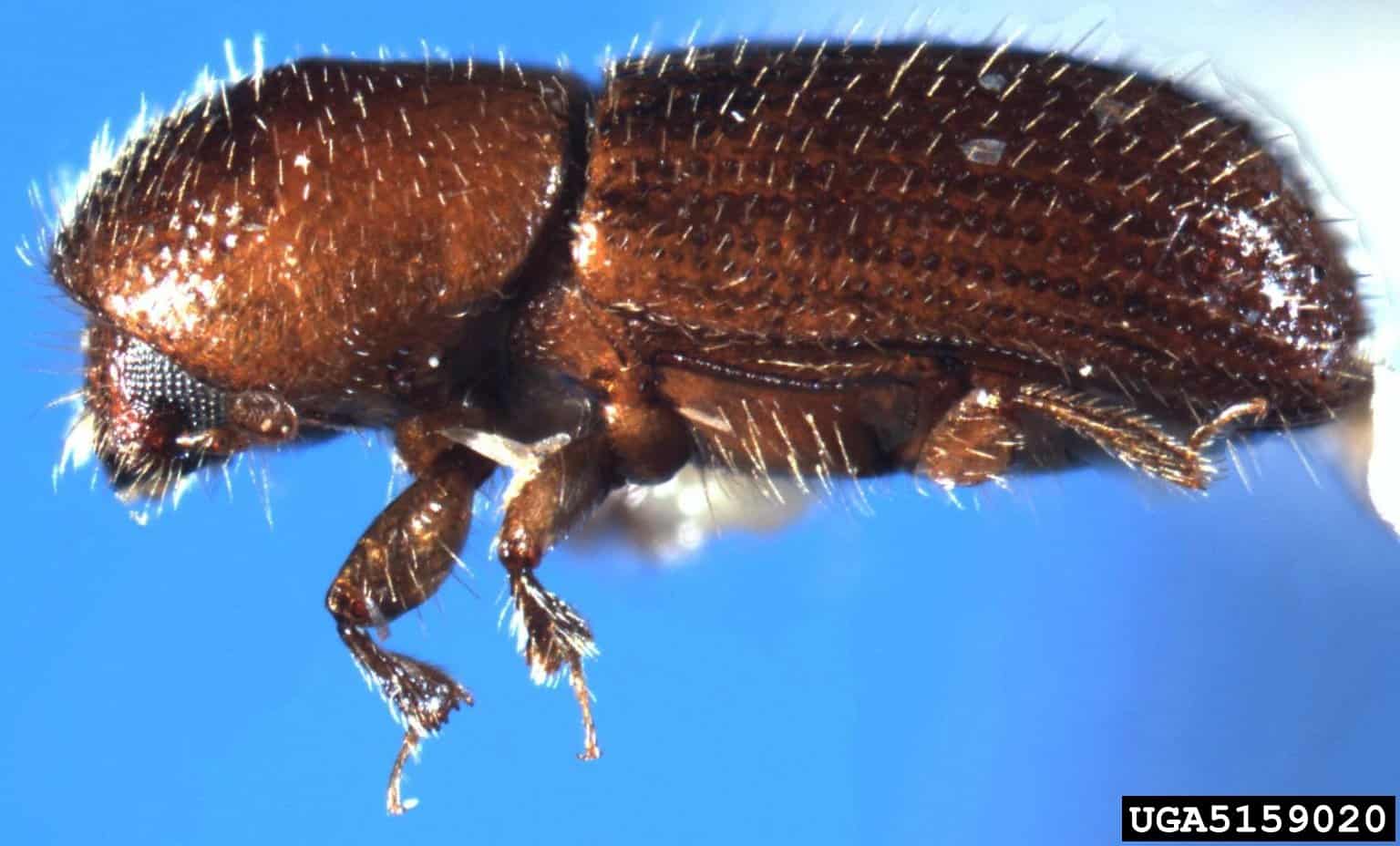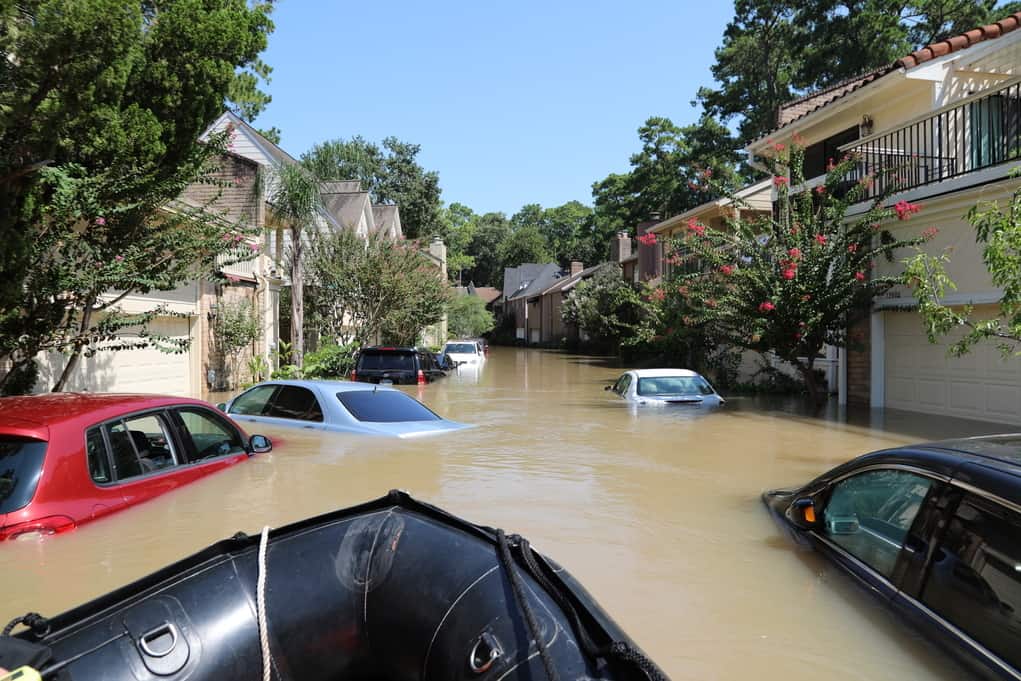BY MIKE OWEN
Right about now you may be wondering: “If a tree falls and hits my house, am I covered by insurance?”
Especially: “What if it’s my neighbor’s tree?”
Or: “My tree and my neighbor’s house?”
Most homeowner insurance policies are fairly straightforward, says the Insurance Information Institute (III). If a tree hits your house or other covered structure on your property, standard policies generally provide coverage for the damage the tree inflicts.
It also is irrelevant whether or not you own the tree, the III says. If it hits your house, you can file a claim with your insurance company. Now, if the tree was on a neighbor's property, your insurer may try to collect some damages from the neighbor's insurance company, but that's between them.
This often happens if the neighbor's tree was in poor health or poorly maintained.
If the fallen tree hit your house or other covered structure, the company will usually pay to have it removed, generally up to $500 or $1,000, depending on the policy. But if the tree just lands in your yard and doesn't hit any structures, you may not be covered for removing the debris. Exceptions, the III says, are usually if the tree is blocking a driveway or handicapped ramp.
Standard homeowner policies cover damage to trees and shrubs due to fire, lightning, explosions, theft, aircraft, vehicles not owned by the resident, vandalism and malicious mischief, the III says.
But coverage for these types of things is generally limited to up to 5 percent of the amount of insurance on the structure of the house. Generally, most insurers will limit the coverage to about $500 for any one tree, shrub or plant.
These are generalities that will usually apply to standard homeowner policies, the III says. Contact your insurance company immediately so it can send an adjuster out to assess the situation and answer your specific questions.
Access the Article from Ledger-Enquirer HERE!





